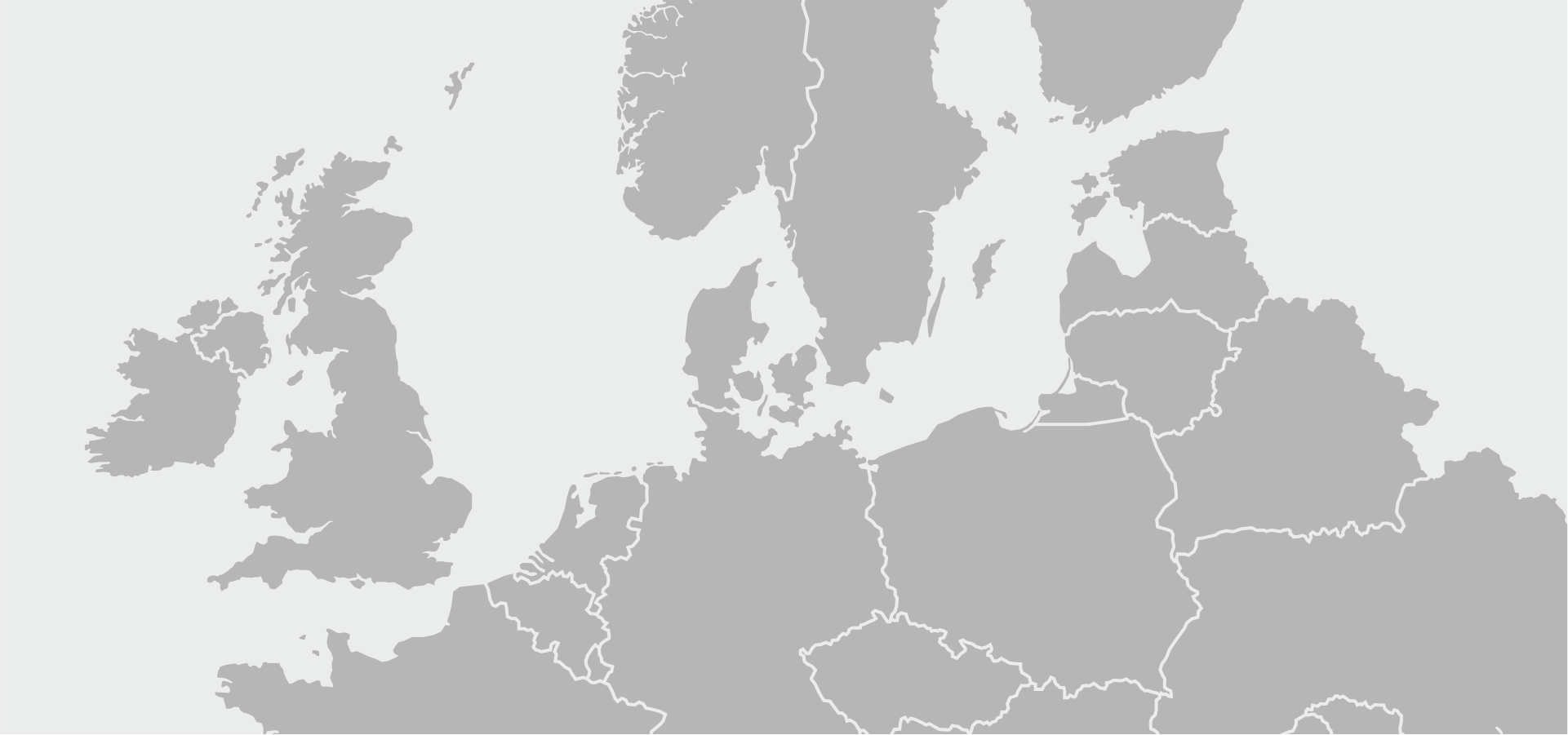The provisioning of ships has been an essential part of maritime history, shaping the way seafarers navigate the world’s oceans. From the age of wooden sailing ships to today’s technologically advanced vessels, the methods and standards of ship provisions have evolved significantly. This transformation reflects not only advancements in logistics but also growing awareness of nutrition, health, and efficiency. In this blog, we explore the fascinating journey of ship provisioning through three key stages of maritime history.
The Early Days of Ship Provisions: Survival and Simplicity
In the early days of maritime exploration, ship provisions were primarily focused on survival. Long sea voyages during the Age of Exploration in the 15th and 16th centuries demanded food supplies that could withstand the harsh conditions of extended journeys. Provisions often included dried and salted meats, hardtack (a type of dry biscuit), and dried legumes. While these foods were non-perishable, they lacked essential nutrients, leading to widespread health problems among sailors, such as scurvy, caused by a deficiency of vitamin C.
To combat these issues, sailors began incorporating preserved fruits and citrus into their diets where possible. However, the lack of refrigeration technology and limited storage capacity meant that variety and freshness were rare luxuries. The logistical challenges of maintaining ship provisions during this era highlighted the ingenuity of early seafarers, who adapted to limited resources to sustain long journeys.
As trade routes expanded globally, the provisioning of ships became increasingly complex. The emergence of new trade goods like spices and grains also influenced the types of food stored aboard vessels. These changes laid the groundwork for a more systematic approach to managing ship supplies, reflecting the growing importance of maritime commerce.
The Industrial Revolution: Advancements in Preservation and Logistics
The Industrial Revolution in the 18th and 19th centuries marked a turning point in the history of ship provisions. With advancements in preservation techniques, such as canning and the development of icehouses, ships could carry a wider variety of foods for longer durations. This innovation significantly improved the quality and nutritional value of meals available to sailors.
Refrigeration technology emerged as a game-changer, allowing perishable goods like fresh meat, dairy, and vegetables to be transported and stored effectively. This shift not only enhanced the health and morale of sailors but also improved the efficiency of maritime trade. Ships could now undertake longer voyages without compromising the quality of their provisions.
Additionally, the logistics of ship provisioning became more organized during this era. Specialized companies emerged to supply vessels with food and equipment, standardizing the process and reducing the burden on ship crews. These developments underscored the critical role of ship provisions in supporting the expanding global economy and naval power of industrialized nations.
Modern-Day Ship Provisions: Efficiency, Sustainability, and Innovation
Today, the provisioning of ships has reached unprecedented levels of efficiency and sophistication. Modern ship provisions include not only a diverse array of fresh, frozen, and canned foods but also dietary options tailored to specific crew requirements, such as vegetarian, vegan, or gluten-free meals. Advanced logistics networks and digital tools ensure that ships are provisioned quickly and accurately, no matter their location.
Sustainability has become a key focus in modern ship provisioning. With growing awareness of environmental concerns, many ship suppliers prioritize eco-friendly practices, such as sourcing local and sustainable products, minimizing food waste, and using biodegradable packaging. These efforts reflect the maritime industry’s commitment to reducing its ecological footprint while maintaining high standards of quality.
Technology continues to revolutionize ship provisions, with real-time tracking, automated inventory management, and AI-driven supply chain optimization becoming integral parts of the process. Baltona Shipchandlers lead the way in providing tailored solutions to meet the unique demands of modern seafarers, ensuring their needs are met efficiently and reliably.
Partner with Experts for Superior Ship Provisions
The journey of ship provisions highlights the crucial role they play in maritime operations, evolving from rudimentary survival kits to comprehensive and sustainable supply solutions. Whether it’s ensuring the health and well-being of crews or supporting the logistics of global trade, effective ship provisioning remains indispensable.
For modern, reliable, and sustainable ship provisions, trust Baltona Ship Supply. With a commitment to quality and efficiency, Baltona ensures that every vessel is equipped with the finest supplies for smooth and successful voyages. Contact us today to learn how we can support your maritime needs!
Fill in the form and we will contact you very soon!

Do jakich portów pływamy
Polska
- Świnoujście
- Police
- Szczecin
- Kołobrzeg
- Darłowo
- Ustka
- Gdynia
- Gdańsk
Niemcy
- Hamburg
- Brake
- Stralsund
- Rostock
- Wismar
- Lubeck
- Brusbuttel
- Bremenhaven
- Bremen
Belgia
- Antwerpia
- Ghent
Holandia
- Rotterdam
- Amsterdam
- Ijmuiden
Dania
- Aarhus
- Kalundborg
Szwecja
- Uddevalla
Francja
- Rouen
Estonia
- Tallin
Łotwa
- Ryga
Litwa
- Kłajpeda
Finlandia
- Pori
Which ports we sail to
Poland
- Świnoujście
- Police
- Szczecin
- Kołobrzeg
- Darłowo
- Ustka
- Gdynia
- Gdańsk
Germany
- Hamburg
- Brake
- Stralsund
- Rostock
- Wismar
- Lubeck
- Brusbuttel
- Bremenhaven
- Bremen
Belgium
- Antwerpia
- Ghent
Netherlands
- Rotterdam
- Amsterdam
- Ijmuiden
Denmark
- Aarhus
- Kalundborg
Sweden
- Uddevalla
France
- Rouen
Estonia
- Tallin
Latvia
- Ryga
Lithuania
- Kłajpeda
Finland
- Pori
Welche Häfen wir anlaufen
Polen
- Świnoujście
- Police
- Szczecin
- Kołobrzeg
- Darłowo
- Ustka
- Gdynia
- Gdańsk
Deutschland
- Hamburg
- Brake
- Stralsund
- Rostock
- Wismar
- Lubeck
- Brusbuttel
- Bremenhaven
- Bremen
Belgien
- Antwerpia
- Ghent
Niederlande
- Rotterdam
- Amsterdam
- Ijmuiden
Dänemark
- Aarhus
- Kalundborg
Schweden
- Uddevalla
Frankreich
- Rouen
Estland
- Tallin
Lettland
- Ryga
Litauen
- Kłajpeda
Finnland
- Pori